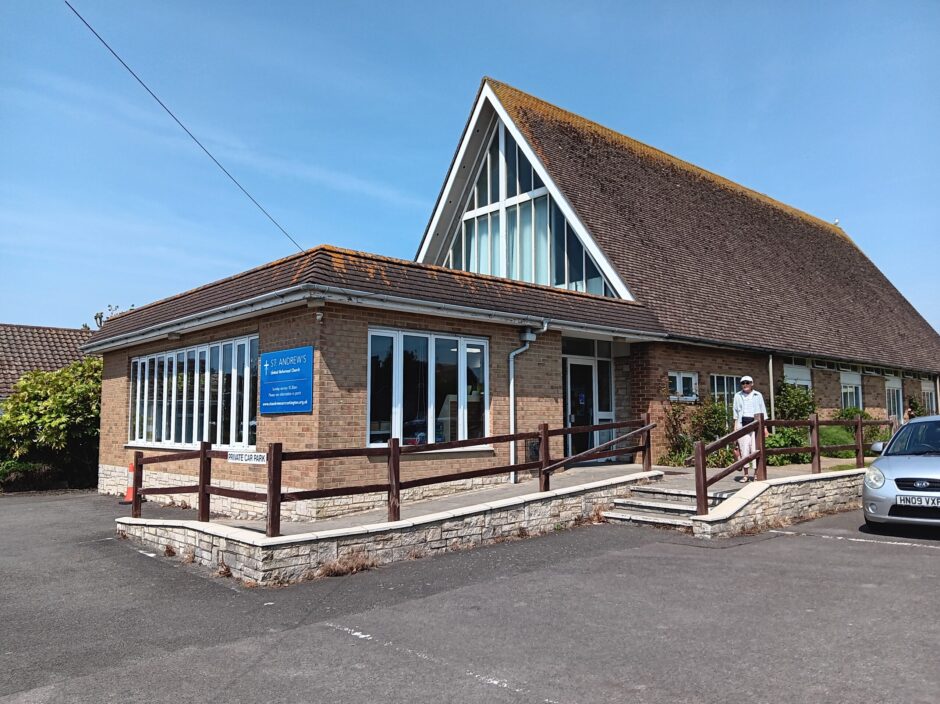“I will bring to my holy mountain and give them joy in my house of prayer”
– Isaiah 56:7
People need to bear witness to the courage and resilience of those who have lived experience of poverty
– Attendee of the Dignity For All Conference
As Jesus approached the temple in Jerusalem, he had just spent time with Zacchaeus, whose life had been so reordered from his exchange with Jesus that he repaid the money he had cheated through taxation on the poor. In the Gospel of Luke’s ordering of events, it should not be lost on the reader the significance of the events that follow. Jesus expels those who were selling in the temple and declares, “‘My house will be a house of prayer’; but you have made it ‘a den of robbers.’” Jesus, in his declaration, draws our attention to the Isaiah passage, highlighting God’s intention to bring joy to the oppressed and alienated. Every time I read these words, they bring balm to my soul – “and give them joy in my house of prayer.” As followers of Jesus, we are called to advocate for those who are marginalised and oppressed. Love for Christ and our neighbour compels us to challenge the unjust status quo and work towards a society where everyone can live with dignity and joy.

The recent Dignity For All conference, co-organised by Church Action on Poverty, the Joint Public Issues Team, and the APLE Collective, demonstrated this commitment. The conference gathered some of those with lived experience of poverty, amplifying the voices that are often unheard. The collective wisdom shared highlighted the urgency of making poverty a central issue in the upcoming UK General Election on the 4th of July.
The statistics are staggering. In the UK, a nation of considerable wealth, 14.3 million people are experiencing relative poverty.1 Among them, 4.3 million are children. Paul Morrison, a policy adviser with the Joint Public Issues Team, indicates in his recent article the severity of poverty in different communities: 51 percent of Black, African or Caribbean children are currently living in poverty. That is 1 in every 2 black children held back by poverty.
Even more distressing, food insecurity has surged. New statistics reveal that poverty and food insecurity are affecting our bodies, with the average height of deprived children aged 5 dropping for the first time in over a century.2 Worse still, the death rates for deprived infants have increased to the highest levels this century.3 These numbers are scandalous; each number represents individuals, families, and communities created in the image of God.
To understand these figures, we need to look at the broader economic context. Over the past decade, average household incomes have increased only marginally compared to the rise in average prices. While a median family might be slightly better off now than a decade ago, those at the bottom of the income ladder are seeing the costs of essentials like food and energy soar. The reduction in benefits, extensively documented by the Joseph Rowntree Foundation, means that many families cannot avoid destitution despite receiving government support.
Paul Morrison highlights: “The UK is a wealthy nation but today 1 in 10 people struggle to afford sufficient food and destitution has returned, touching the lives of 1 million of our children. Church projects across the country are seeing deepening poverty and increasing need. It is simply not right but with political will it can change. Every candidate and every party should prioritise poverty and tell voters what their plan is to turn the tide on this injustice”
Poverty is not inevitable, it is a result of choices made at the policy level. A belief affirmed at the DFA conference. The upcoming General Election is a crucial moment for us to take action. We must urge every candidate and party to prioritise addressing poverty. This means demanding clear, actionable plans to tackle the systemic issues that perpetuate poverty. One way to take action is to use the Let’s End Poverty movement helpful door hanger card. This card contains questions for activists and political candidates who knock on your door. By highlighting the need to address poverty at the doorstep, reports that go back to local party headquarters will underscore the growing concern of local residents.
Churches and faith-based organisations are already at the forefront, providing essential support and services to those in need. But charity alone is not enough. We need structural change, and that requires political engagement. Let us be informed voters, compassionate advocates, and relentless in our pursuit of justice.
Jesus’ actions in the temple and throughout the gospels remind us that God cares for those who are too often denied dignity. We are invited to work with him, to seek justice. Friends, we can make a difference. We must take action, inspired by the actions of Christ, to ensure that seeking an end to poverty is an election issue and then a priority for policymakers that drives real change. On the 4th of July 2024, let’s pledge to make our votes count and work towards a society that is more equitable for those who are too often silenced and deprived of dignity.
- Households Below Average Income: an analysis of the UK income distribution: FYE 1995 to FYE 2023 – GOV.UK (www.gov.uk) ↩︎
- OP38 Ethnic differences in childhood height trajectories and the role of early life factors: evidence from the uk millennium cohort study | Journal of Epidemiology & Community Health (bmj.com) ↩︎
- RCPCH responds to latest child and infant mortality data in England and Wales | RCPCH ↩︎
